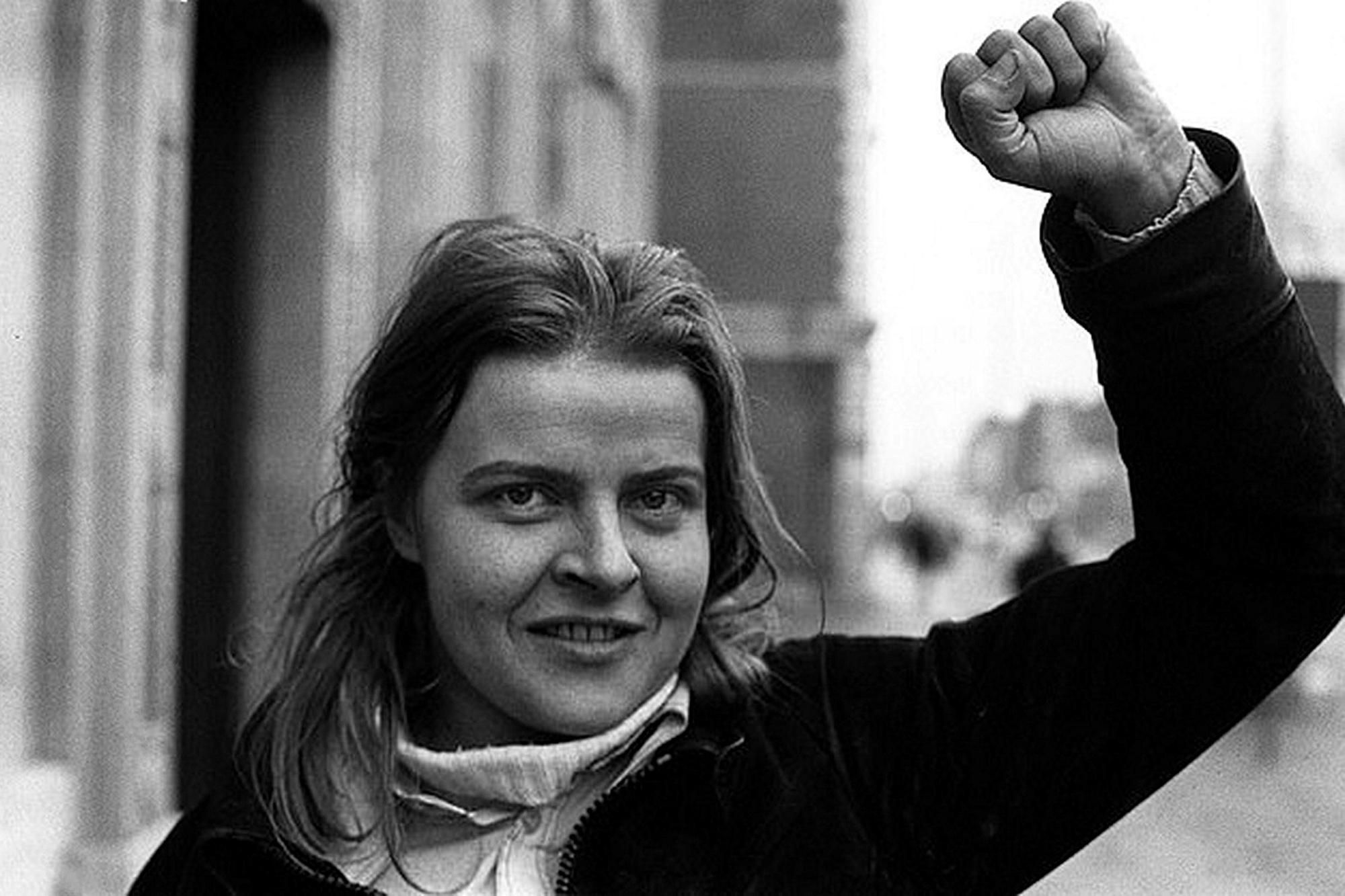
There’s more than one way to narrate a tale. “The Heiress and the Heist,” a captivating three-part documentary created by Peninsula Television, renowned Irish-American true-crime experts, exclusively for streaming platform Sundance Now, caters to a diverse global audience.
Unlike documentaries produced by or solely for RTÉ, “The Heiress and the Heist” doesn’t assume prior knowledge about Rose Dugdale or her participation in the 1974 art heist, involving IR£8 million worth of artwork from Russborough House in Wicklow.
This results in a documentary that breaks free from the conventional and dull tone often found in Irish history documentaries, replacing somber music and solemn narration with vibrant visuals and knowledgeable experts.
Director David Harvey handles the story with elegance, striking the perfect balance between serious storytelling and highlighting the absurdities within the narrative.
The initial episode of this engaging documentary series focuses on Dugdale’s privileged background and her subsequent rejection of wealth and entitlement as she joined the IRA. It takes its time to build-up to the iconic Russborough House robbery, offering a captivating exploration into the world of wealth and privilege.
Born in 1941 during the Blitz, Rose Dugdale grew up in a world untouched by war, sheltered within her family’s luxurious country estate in Devon.
Her father, Eric, worked as a Lloyd’s underwriter while her mother, Caroline, possessed an intimidating persona that left other children and their parents frightened.
Caroline’s eccentricity extended to demanding children to curtsy to guests and forbidding them from decorating the Christmas tree until the age of 10.
Rose Dugdale attended Miss Ironside’s School for Girls, where she interacted with other affluent and demure young women, receiving an education on the expectations of her social class.
“She stood out due to her energy and attractiveness,” remarked Virginia Ironside, a school friend and notable journalist and author.
As a debutante in 1958, Dugdale rebelled against societal norms, insisting on applying to Oxford. To her father’s surprise, she was accepted, immersing herself in a circle of like-minded individuals who had also rejected their privileged upbringings.
Former MP Edwina Currie, an Oxford contemporary, noted, “It seemed like she wanted to inflict pain on her parents.”
The first part of the series delves into Dugdale’s university years, her radical experiences in Cuba, her involvement with welfare claimants in Tottenham (though her habit of playing Irish rebel songs while driving in an open-top car didn’t sit well with everyone), and her consequential relationship with Walter Heaton, a union activist and minor criminal.
Denial of responsibility! VigourTimes is an automatic aggregator of Global media. In each content, the hyperlink to the primary source is specified. All trademarks belong to their rightful owners, and all materials to their authors. For any complaint, please reach us at – [email protected]. We will take necessary action within 24 hours.


